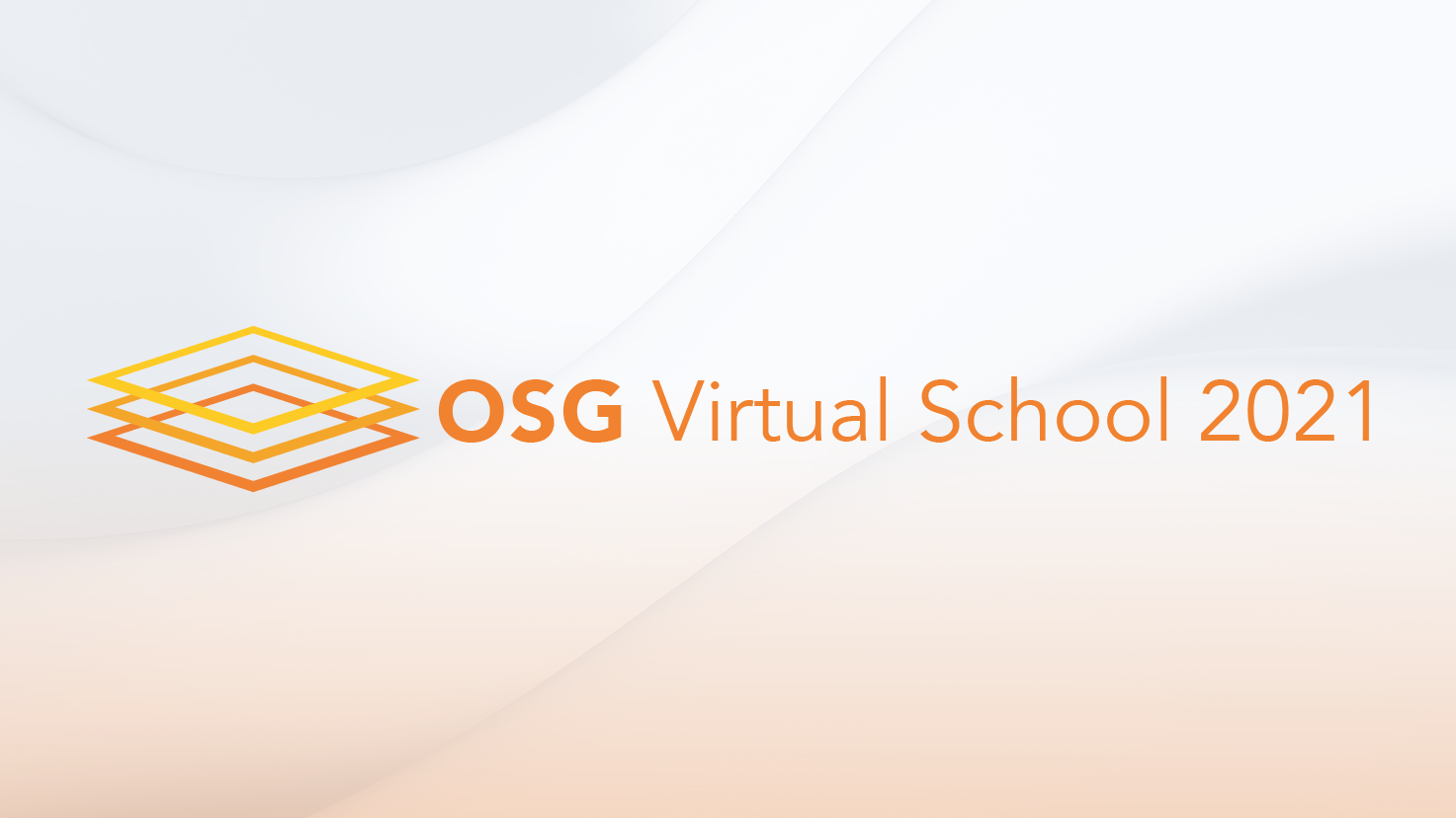Transforming research with high throughput computing
August 19, 2021During the OSG Virtual School Showcase, three different researchers shared how high throughput computing has made lasting impacts on their work.

Over 40 researchers and campus research computing staff were selected to attend this year’s OSG Virtual School, all united by a shared desire to learn how high throughput computing can advance their work. During the first two weeks of August, school participants were busy attending lectures, watching demonstrations, and completing hands-on exercises; but on Wednesday, August 11, participants had the chance to hear from researchers who have successfully used high throughput computing (HTC) to transform their work. Year after year, this event –– the HTC Showcase –– is one highlight of the experience for many User School participants. This year, three different researchers in the fields of structural biology, psychology, and particle physics shared how HTC impacted their work. Read the articles below to learn about their stories.
Scaling virtual screening to ultra-large virtual chemical libraries – Spencer Ericksen, Carbone Cancer Center, University of Wisconsin-Madison
Using HTC for a simulation study on cross-validation for model evaluation in psychological science – Hannah Moshontz, Department of Psychology, University of Wisconsin-Madison
Antimatter: Using HTC to study very rare processes – Anirvan Shukla, Department of Physics, University of Hawai’i Mānoa
Collectively, these testimonies demonstrate how high throughput computing can transform research. In a few years, the students of this year’s User School might be the next Spencer, Hannah, and Anirvan, representing the new generation of researchers empowered by high throughput computing.
…
Visit the materials page to browse slide decks, exercises, and recordings of public lectures from OSG Virtual School 2021.
Established in 2010, OSG School, typically held each summer at the University of Wisconsin–Madison, is an annual education event for researchers who want to learn how to use distributed high throughput computing methods and tools. We hope to return to an in-person User School in 2022.
